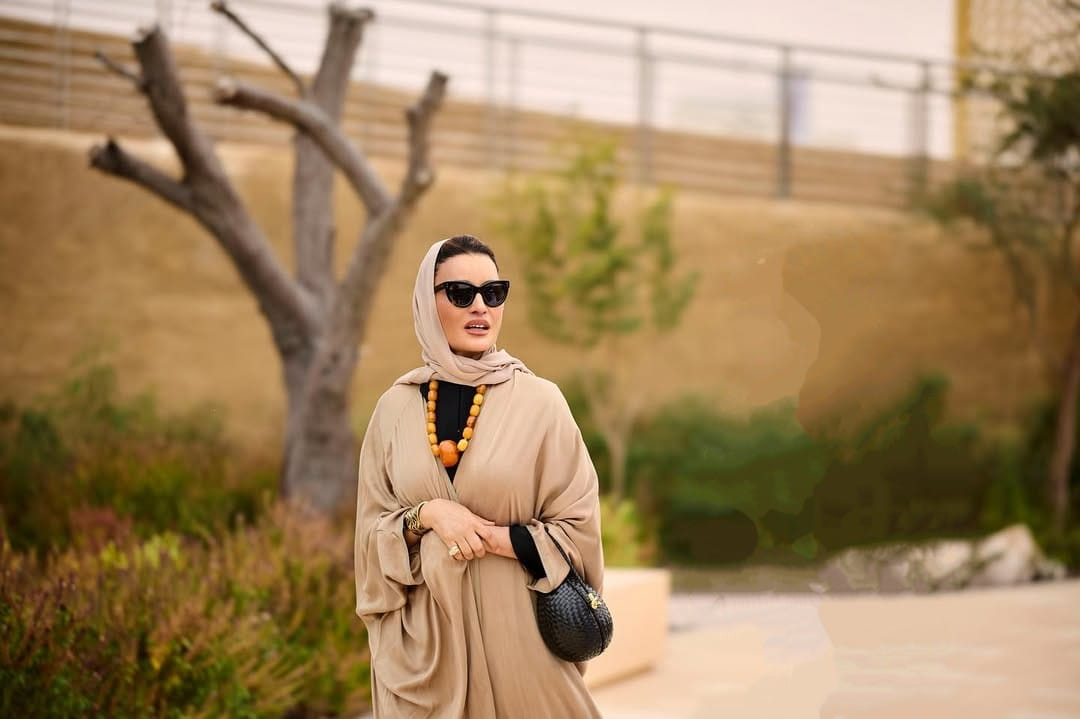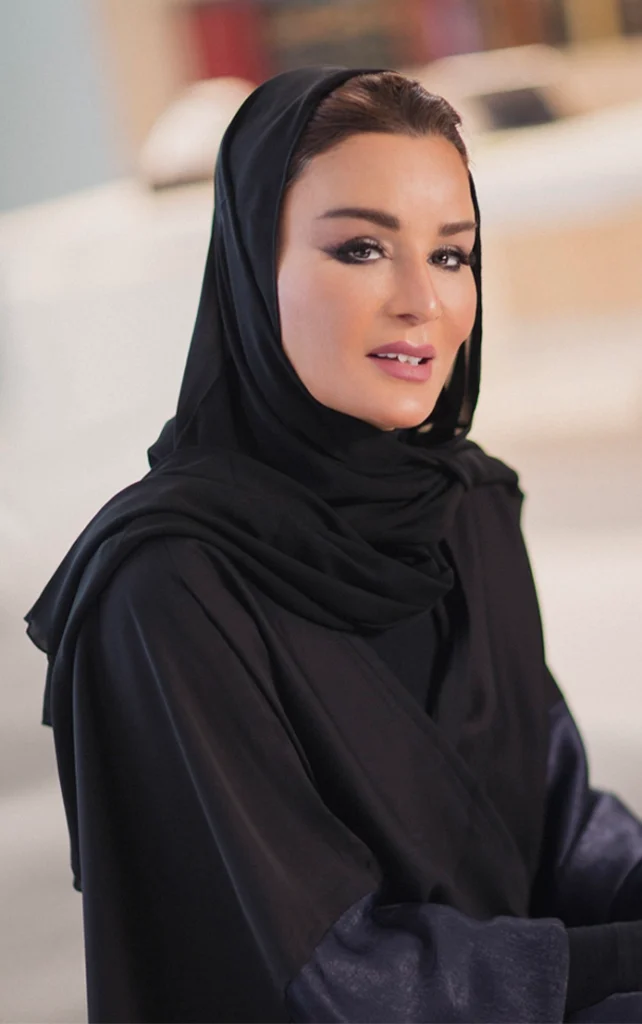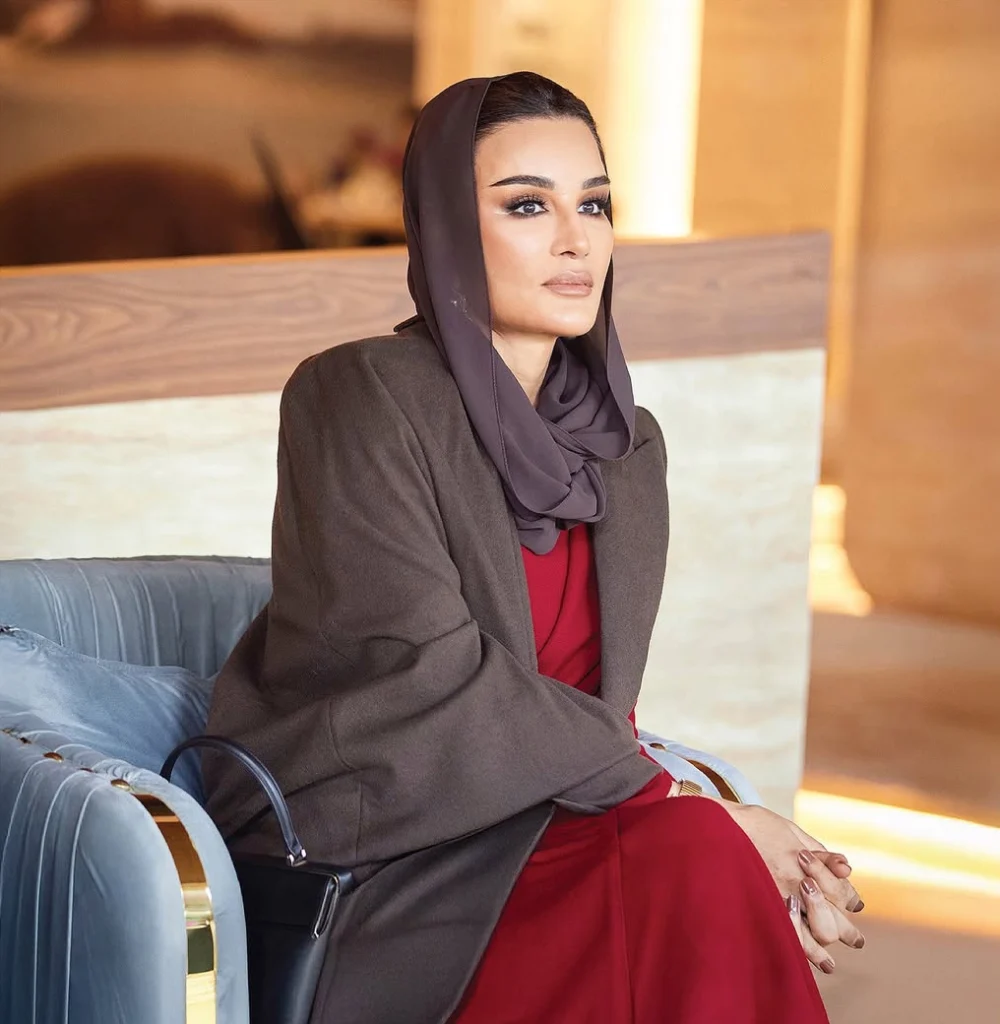Moza bint Nasser
The Architect of Progress through Education
By Editorial Team

The world often measures success by economic growth or geopolitical influence, but Sheikha Moza bint Nasser offers a different vision, one rooted in human development, dignity, and the transformative power of education. A figure of immense poise, intellect, and determination, Sheikha Moza is not merely a royal; she is a reformer, a global advocate, and a force of evolution for the Arab world and beyond. As one of Qatar’s most influential figures and the driving force behind numerous educational and social initiatives, her legacy is being etched in the hearts and futures of generations.
Born in 1959, Sheikha Moza bint Nasser al-Misnad has held the world’s attention not just because of her position as the wife of the former Emir of Qatar, Sheikh Hamad bin Khalifa Al Thani, but because of the substance and vision she brings to her roles. From the outset, she challenged the traditional boundaries of royal influence, not to disrupt for the sake of rebellion, but to build, to elevate, and to plant the seeds of lasting change.
At the center of Sheikha Moza’s philosophy lies a profound belief: “Education is the foundation of all that is important.” This is not just a motto , it is the core of her life’s work. Whether she’s addressing the United Nations or walking through a school in a rural community, her message is unwavering: education is not a privilege for the few, but a right for all. And in championing this cause, she has become a symbol of what visionary leadership truly looks like.
Her most defining contribution to Qatar’s transformation and one of her most admired globally is the creation of Qatar Foundation for Education, Science and Community Development (QF) in 1995. Under her leadership, Qatar Foundation became a pioneering initiative designed to shift the Gulf nation from an oil-based economy to one rooted in knowledge, creativity, and innovation. It wasn’t enough to build skyscrapers or attract global business, Sheikha Moza wanted to build minds.
Through Qatar Foundation, she established Education City, a unique hub that hosts branches of leading international universities including Georgetown, Carnegie Mellon, Northwestern, and more. It’s an ambitious project that places Doha at the center of global academic exchange. But more than infrastructure or prestige, the foundation fosters innovation, entrepreneurship, and critical thinking, equipping young people with the tools to lead, question, and transform their societies.
Her work is not limited to elite institutions. Sheikha Moza has tirelessly advocated for accessible education across all levels. She co-founded Silatech, an initiative focused on empowering young people economically and socially, especially in the Arab world. Silatech has helped create over one million jobs by connecting youth with resources, training, and employment opportunities, effectively bridging the gap between education and real-world impact.
In parallel, her role as the Chairperson of Education Above All (EAA) has amplified her efforts on a global scale. This foundation tackles some of the most urgent education challenges in conflict zones, refugee communities, and underdeveloped regions. Through EAA’s projects, millions of out-of-school children , from Gaza to rural Africa to South Asia have been given the chance to learn, dream, and reclaim their futures.


Sheikha Moza’s global reach extends through her roles as a UNESCO Special Envoy for Basic and Higher Education and a member of the UN’s Sustainable Development Goals Advocacy Group. In every global forum she joins, she brings with her the voice of children silenced by war, poverty, and inequality. She uses her platform not to promote status but to provoke action.
Her approach to leadership is subtle yet powerful. She doesn’t wield authority with pomp or dominance, but with a dignified presence and a deep commitment to impact. Graceful in public, strategic behind the scenes, Sheikha Moza has redefined what it means to be a modern Arab woman in power. In doing so, she has quietly challenged stereotypes, not by confronting them directly, but by transcending them entirely.
Beyond education, Sheikha Moza has taken significant interest in cultural preservation, health care, and social development. Her efforts in these fields are grounded in the belief that progress must be holistic. Education cannot exist in a vacuum. It must be tied to well-being, identity, and purpose. This philosophy is reflected in her work across institutions, from Hamad Bin Khalifa University to the Arab Museum of Modern Art (Mathaf), which she helped establish.
What makes Sheikha Moza’s journey especially remarkable is her ability to bridge worlds. She is deeply rooted in her Qatari and Arab identity, yet speaks fluently the language of global diplomacy, academia, and humanitarianism. In her signature turbans and elegant attire, she exudes confidence and individuality, blending tradition and modernity in a way that has made her a style icon on the global stage. But style for her is never superficial; it is a symbol of empowerment, expression, and intellect.
Sheikha Moza has also emphasized the importance of women’s voices in shaping the future. Though never overtly political, her work consistently elevates the role of women, not just through rhetoric, but through real programs that fund female education, employment, and leadership. In her world, women are not waiting for permission to participate; they are already leading.
Critically, she remains a symbol of Qatar’s transformation. As the country positions itself as a center for dialogue, diplomacy, and development in the 21st century, Sheikha Moza stands at the heart of this vision. Her legacy will not be measured in awards or buildings alone, but in the lives she’s touched, the minds she’s awakened, and the hope she’s restored in the belief that every child deserves a chance to learn.
Today, when Sheikha Moza says, “Everything starts with education,” it’s not a slogan, it’s a call to action. Her life is a testament to the idea that real change does not come from declarations, but from dedication. In a world often divided by borders and ideologies, she reminds us that knowledge is the one force that can truly unite, uplift, and transform.
Through her quiet power, visionary leadership, and enduring compassion, Sheikha Moza bint Nasser continues to redefine what it means to lead with purpose. And in doing so, she has not only changed the landscape of education,she has changed the course of countless lives.

